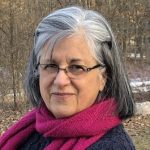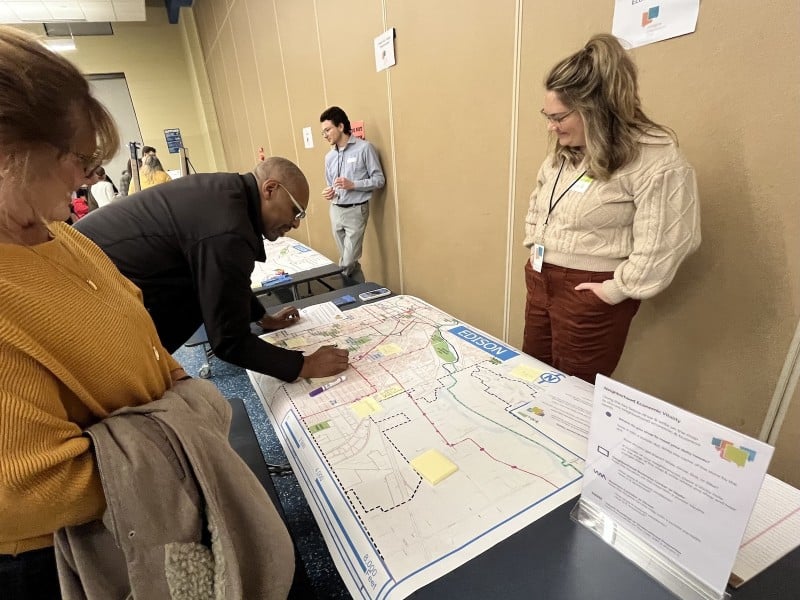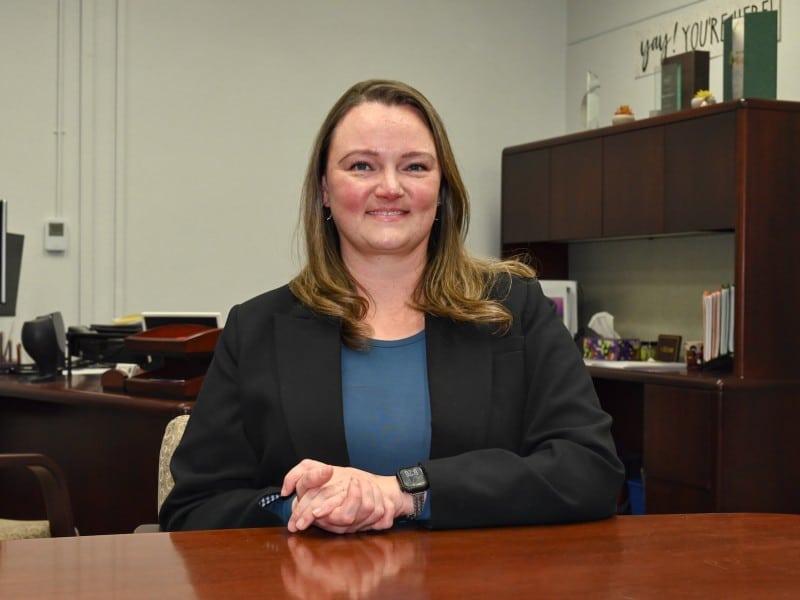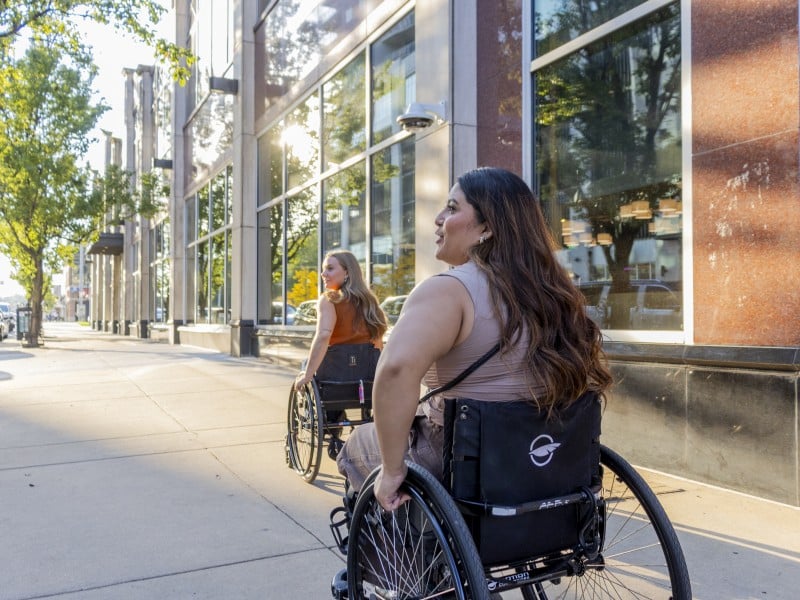Climate Kalamazoo: Grief, reconstructed
There is a way forward for those experiencing climate grief. Because prolonged deep grief over the earth's depredations is not sustainable.
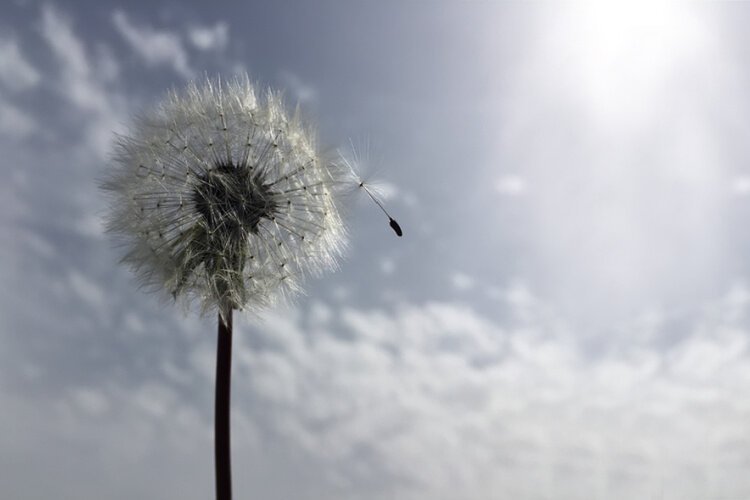
Editor’s note: Climate Kalamazoo is an ongoing, occasional exploration of our community’s response to the global climate crisis. This is the second story in the series.
More days than not were a new, fresh hell.
This is a story about the way through.
It began several years ago when a succession of seemingly unrelated pieces of information crept into my consciousness. There were random discoveries in non-mainstream sources, many about the toxic chemicals in our food. One source identified an ingredient in the chemical cocktail being sprayed on my lawn, which turned out to be Agent Orange. Fueled by parental alarm and informed by my healthcare background, I sought out studies detailing the impacts of plastics on our endocrine and reproductive systems.
There were other, anecdotal concerns based on lived experience. Our bird feeders seemed to need refills less often. The places I visited to hear spring peepers and whippoorwills became silent. Where did those creatures go? And, ominously, there were subtle signs the seasons were changing. Blending into each other with warmer winters, more humid summer days, and earlier springs.
Over time, the changes occurring in my community and the world at large have become harder to ignore. I despaired over now-iconic images of an emaciated polar bear stranded on an ice floe drifting until it doesn’t; a whale washed ashore, its stomach bloated with 88 pounds of plastic. Wildfire hell in California, Colorado, Australia, and the Amazon. Texas froze over. All that COVID did to us. There is PFAS in drinking water and rain everywhere except where it’s needed and people everywhere fleeing for their lives and their children’s lives. Fleeing famine and endless wars over oil. Anguish and desperation everywhere.
Also, there is fear and rage. Within this hellscape a howl rises in me, raw and terrible. It’s all that death, of course, but it’s the unnecessary human-caused suffering that bears down on me.
I am driven to learn everything about our predicament and how and why we got here. Some climate psychologists call this immersion, a task common to the work of processing the overwhelm of unrelenting catastrophes. The climate change section in my home library began to fill with titles bearing unbearable words like doomed, collapse, anthropocene, emergency, extinction, and uninhabitable. These books tell stories of unthinkable things. They led me into rabbit holes. It was hard to breathe down there. It became hard to imagine a future.
My little home library holds space for books on grief, too. I turn to them often for solace and validation and the myriad ways they come at this truth: we grieve because we love.
Feelings of isolation can be experienced if there is no outlet for expressing complex emotions. Some people I know manage the realities of climate change in ways that do not work for me:
Let’s pretend this isn’t happening.
If you would get right with God, you’d spend eternity in heaven, so the things happening on Earth, while sad, won’t matter.
Technology will save us.
We’re doomed … so my plan is to use as much fossil fuel energy as I need to enjoy life to the fullest.
In the past, let’s pretend this isn’t happening did work for me. For years – trance years as I call them now – I dutifully fulfilled my roles in service to commerce: to be productive and to buy stuff. I lived and breathed the master task of our time, the pursuit of infinite growth on a finite planet. Elaborate stories have been woven to make this physics-defying myth seem possible and to justify exploitation, extraction, and plunder. In my darkest hours, it feels like the American Dream and my role in it has become a nightmare for every living thing.
White privilege, and the circumstances I was born into, make this nightmare new for me. It is not new for generations of oppressed and traditionally marginalized people disproportionately affected by global climate, ecological, economic, and public health crises.
Wrestling with complicity is mighty hard labor.
And seeing and feeling too much, too hard, for too long is not sustainable.
What, then, is the way forward?
An antidote to the ache of it all is to connect with others experiencing similar feelings. We can learn practices that enable us to sit with grief until it metabolizes into something we can carry. From her office in Grand Rapids, Mich., Rachael Koeson offers individual sessions and group workshops that begin by acknowledging that all grief is connected. Our own grief for our personal experiences, our grief for others, our grief for the world.
A mysterious spaciousness lives in these words. They pull me into her calm. I tell her my heart is never not breaking. She says we are meant to hurt this hard. We are losing so much.
I feel exquisitely seen. An opening has been created, and it’s big enough for me to fit through. Now there is room to stay with the harder truths about how and why we got to this place of multiple, converging crises. There is room to unlearn the revisionist history I was taught. There is space for understanding the context for the pull of extractive capitalism with its tenets of individualism and separation from nature. Now there is space for learning about trauma and resiliency from others who have been losing so much for so long.
As grappling with the realities of our predicament becomes more common (and public), there is growing recognition among health professionals of the need for psychosocial support strategies in their respective areas of practice.
Dan Renstrom teaches in the Western Michigan University School of Social Work and manages a private practice. Given the National Association of Social Workers’ code of ethics, which states in part, “fundamental to social work is attention to the environmental forces that … address problems in living,” I wondered how climate change is affecting his private practice and teaching.
“I’ve been thinking a lot during the pandemic about how attached to and reliant we are on this planet. The ways our existential sense of self is being threatened. All the lifestyle changes we’re experiencing in social and work contexts are threats to our identity. There are deep and disturbing questions about ‘who am I?’”
He goes on to say, “The way we grieve is to feel what there is to be felt and to find ways of engaging those feelings and reactions and not avoiding or numbing them.”
“One of the most important things we can do is bear witness with and for each other. There’s no ‘fix’ for this, for grief, for all the changes we’ve had to make and will have to make in the future. But I can see you, hear you, and validate your feelings. My level of self-disclosure has increased while having to be on line. I’m sad, too, I say.”
Feeling what there is to be felt, not numbing, bearing witness …. Yes, that’s the way forward, I think, as the last of our conversations wind down.
The books I am reaching for these days have titles bearing lovely words like emergent, radical, joy, gratitude, regeneration, abundant, and hope. Immersion, again. For imagining a radically different future. For the leaving things. For all we can save.
Changing the world, it turns out, is an inside job. It takes a lifetime. That is our work.
Donna McClurkan will be joined by Rachael Koeson and Dan Renstrom for a Q & A exploration of climate grief on April 9, 2021 at noon. All are welcome. For details and Zoom information, please visit www.kalamazoocrisis.org or https://www.facebook.com/kalamazoocrisis

